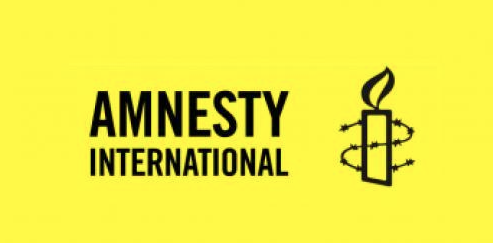Following the tabling of a proposed bill on “secularism” (laïcité) in the Quebec legislature on March 28, Amnesty International is reminding the Quebec government that it must uphold its international human rights obligations toward all those living in the province.
“It’s the responsibility of the government to do everything possible to fight systemic discrimination towards marginalized groups,” said France-Isabelle Langlois, Executive Director of Amnesty International Canada’s Francophone Branch. “The government must ensure that Quebec remains an inclusive society that respects human rights.”
Quebec’s proposed Bill 21 – “An Act Respecting the Laicity of the State” – would ban dozens of public employees from wearing head scarves, turbans, crosses and other visible religious symbols. The affected government positions include police officers, judges, prosecutors, lawyers, teachers and school principles. This bill is not unlike legislation we have seen in Belgium, France and Spain, which aims to restrict the wearing of religious symbols, or Iran and Saudi Arabia, which obliges individuals to dress a certain way.
International human rights law guarantees the right to equality, freedom of expression, freedom of religion and the right to express one’s religious beliefs. By extension, everyone has the right to dress as they choose. No government can force an individual to dress or not dress in a particular way. And they must protect people from clothing-related restrictions imposed by others, including relatives or the wider community.
“Women cannot be forced to wear headscarves or veils – either by the State or the individual,” said France-Isabelle Langlois, “and it is equally unacceptable for a government to approve legislation banning women from wearing these religious symbols. Such restrictions may be permissible if they are for exceptional, specific or clearly defined reasons, such as the wearing of a veil during an identity check. But the restrictions outlined in this new bill are disproportionate.”
Indeed, international law allows legitimate restrictions on wearing religious symbols, but such restrictions must meet three strict conditions: they must be prescribed by law; they must fulfil a specific, legitimate purpose and be authorized by international law (such as public order, health or morality, public security, or the rights of others); and it must be possible to prove that the restrictions are necessary and proportionate to the attainment of the intended purpose.
“The government is attempting to divert our attention from the real issues,” concluded France-Isabelle Langlois. “Restricting fundamental rights without reasonable grounds is dangerous for our democracy. It is not a question of denying people the right to express their discomfort with certain religious practices – or criticizing them – but of allowing everyone to enjoy their fundamental rights, such as the right to equality, freedom of conscience and freedom of expression.”
For more information, visit Amnesty International Canada’s Francophone Branch.
To arrange an interview, please contact:
Lucy Scholey, Amnesty International Canada (English), 613-744-7667 ext. 236, lscholey@amnesty.ca






















